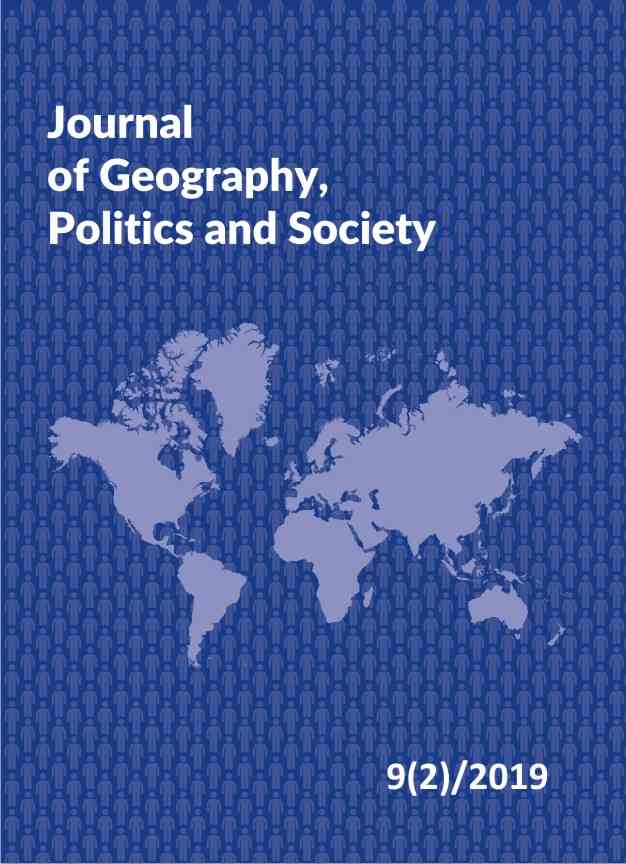Similarities and differences in changing NPS market brought by new regulatory approaches in selected Eastern and Central European states with mostly focus on Poland and Latvia
Similarities and differences in changing NPS market brought by new regulatory approaches in selected Eastern and Central European states with mostly focus on Poland and Latvia
Author(s): Artur Malczewski, Agnese Zīle-VeisbergaSubject(s): Economy, Geography, Regional studies
Published by: Wydawnictwo Uniwersytetu Jagiellońskiego
Keywords: New Psychoactive Substances; Law on New Psychoactive Substances; post-communist countries
Summary/Abstract: The main objective of the paper is to explain, compare and conclude the effect on the new psychoactive substances (NPS) market brought by new and innovative responses to regulate the NPS (mostly between 2010 and 2014) in Estonia, Latvia, Lithuania, Poland, the Czech Republic, Hungary, and Romania. Countries where NPS problem reached the peak, the traditional response or simply substance scheduling did not work. Since the NPS do not fall under market regulations, also the response to the problem was innovative stepping out of the existing system (for example, temporary prohibition in Poland, Latvia). Moreover, a political and social pressure has been a factor to speed up the development of new regulations, sometime affecting the quality. Seemingly harsh sanctions and immediate reaction are main elements to close the NPS street shops. Meanwhile this approach hasn’t caused a step back for chemical industry or science. Still is open question if national regulations against NPS market are fully enough. NPS market reacts very quickly for changing and only very strong and fast reaction from the institutional level seems to be effectiveness. Although NPS market differs in each country, study shows that harsh sanctions such as criminal liability and immediate reaction significantly decrease the availability of NPS, and thus contribute in decreasing acute health problems and prevalence. It was observed that at the time when stricter measure came into force, hospital emergencies were increased (Poland, Romania and in same extent Latvia).
Journal: Journal of Geography, Politics and Society
- Issue Year: 9/2019
- Issue No: 2
- Page Range: 10-19
- Page Count: 10
- Language: English

